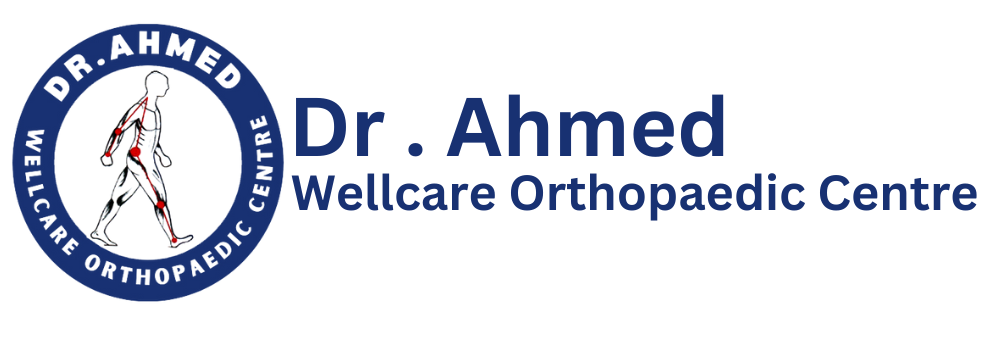As we age, our bones naturally become weaker and more susceptible to fractures. This is why it is crucial to monitor our bone health and take preventive measures to avoid conditions like osteoporosis. One of the most effective ways to assess bone health is through a Bone Mineral Density (BMD) test.
A BMD test measures the density of minerals, such as calcium and phosphorus, in your bones. It helps to determine the strength and quality of your bones and can detect early signs of bone loss. This test is typically recommended for postmenopausal women, individuals with a family history of osteoporosis, and those who have certain medical conditions or take medications that can weaken bones.
Early detection of bone loss is crucial because it allows for timely intervention and treatment. If left untreated, osteoporosis can lead to debilitating fractures, chronic pain, and a significant decrease in quality of life. By identifying individuals at risk, a BMD test can help healthcare professionals develop personalized prevention and treatment plans.
During a BMD test, you will lie on a padded table while a machine scans specific areas of your body, usually the hip and spine. The test is painless, non-invasive, and takes only a few minutes to complete. The results are measured against a standard called a T-score, which compares your bone density to that of a healthy young adult.
If you are at risk for osteoporosis or have concerns about your bone health, talk to your healthcare provider about getting a BMD test. It is a simple and effective way to assess your bone health and take proactive steps towards maintaining strong and healthy bones.
Frequently Asked Questions?
1. What is a Bone Mineral Density (BMD) test?
A Bone Mineral Density test is a diagnostic tool that measures the amount of minerals, primarily calcium, in your bones. It helps assess bone strength and the risk of fractures, especially in conditions like osteoporosis.
2. Why is a BMD test important?
A BMD test is essential for early detection of osteoporosis and assessing your fracture risk. It allows doctors to initiate preventive or treatment measures before bones become weak enough to break easily.
3. Who should get a Bone Mineral Density test?
BMD tests are recommended for postmenopausal women, men over 70, individuals with a family history of osteoporosis, those with risk factors like long-term steroid use, and anyone who has experienced unexplained fractures.
4. How is a BMD test performed?
The most common BMD test is a dual-energy X-ray absorptiometry (DEXA) scan. It is non-invasive and painless, using low-dose X-rays to measure bone density in areas like the spine, hips, and sometimes the wrist.
5. What do the results of a BMD test mean?
Results are given as a T-score. A T-score of -1.0 or higher is considered normal, between -1.0 and -2.5 indicates low bone density (osteopenia), and -2.5 or lower is classified as osteoporosis. The lower the score, the higher the fracture risk.
6. Can a BMD test predict fractures?
Yes, a BMD test can predict the likelihood of fractures, especially in the hips and spine, by indicating the density and strength of your bones. It is one of the best tools to assess fracture risk in people with low bone mass.
7. Is the BMD test safe?
Yes, BMD tests are safe. The DEXA scan uses very low levels of radiation, much lower than a standard X-ray, making it safe even for repeated testing over time.
8. How often should I have a BMD test?
For individuals with normal bone density, the test may only need to be repeated every 2 to 5 years. If you have low bone density or osteoporosis, your doctor may recommend more frequent testing to monitor your condition and treatment efficacy.
9. What factors can affect bone mineral density?
Age, gender, family history, lifestyle factors like smoking and alcohol use, insufficient calcium and vitamin D intake, lack of physical activity, and certain medications like corticosteroids can all affect bone mineral density.
10. What can I do to improve bone health after a BMD test?
If your BMD test shows low bone density, you can improve bone health through lifestyle changes like regular weight-bearing exercises, ensuring adequate calcium and vitamin D intake, quitting smoking, and possibly taking medications prescribed by your doctor to strengthen bones.









